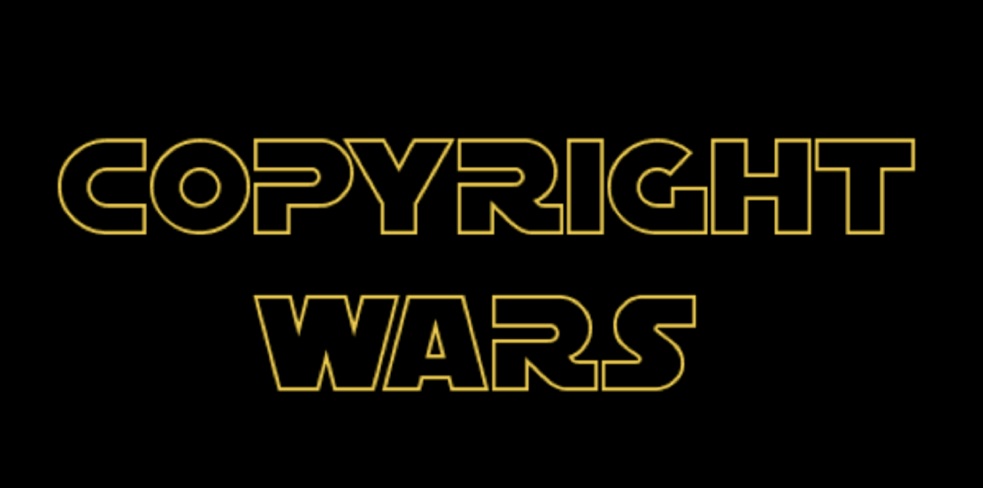Who Owns Ideas?
Jul 20, 2004You can own a car or a bicycle. But what about an idea? If you invent a program it seems like you should have some say about its use. But can you really own the idea itself?

Today there is an entire generation of people who have never paid for music. From Napster to YouTube, some of our most innovative and inventive young people have been the targets of lawsuits by entertainment industry lawyers for violating copyright laws. What are the ideas behind copyright protection? What is the philosophical and practical basis of copyright? Can rethinking the issues suggest the form of a truce between generations? Ken and John sample the copyright debate with Larry Lessig, author of Remix: Making Art and Commerce Thrive in the Hybrid Economy.
Imagine a mother who happens upon her infant shaking it's booty to music by Prince. Understandably, she is delighted and wants to share this moment with her friends. So she videotapes the scene and post the footage on YouTube. Soon, however, Prince's record label gets wind of this and threatens to sue both YouTube and the mother for capitalizing on the artist's work. Welcome to the copyright wars.
For whose benefit are these wars being waged, and at what cost? Should copyright laws be amended in light of recent technological developments? Lawrence Lessig, a law professor at Stanford and a rebel general in the copyright wars, joins Ken to discuss these and other questions.
In the eyes of some, copyright law is meant to create incentives for artists to produce superior work. However, Ken wonders whether copyright law is just a special kind of property law, according to which one owns the products of one's mind in the same way one owns the work of one's hands. Lessig recognizes the plausibility of this idea, but emphasizes that the nature of intellectual property is different from that of material property: If I share my brilliant thought with you, I don't cease to have it in my mind, whereas if I share my delicious sandwich with you, I do cease to have it in my hand. But as Ken notes, people care not only about having their thoughts, but also about exploiting them for their own benefit; people want to monopolize potentially valuable parts of out culture. And sharing my thought with you reduces my ability to exploit it, just as sharing my sandwich does. So perhaps intellectual and material properties aren't that different after all!
Among authors---especially of academic works---it is commonplace to quote others' writings, whether to criticize, praise, or build upon. There are even standard devices, like quotation marks and citation formats, for doing this. But among musicians and visual artists, no such standards exist, and referencing others' work is frequently construed as plagiarism. (Enigmatically, Lessig remarks that "plagiarism is the only crime for which the death penalty is appropriate".) Ken finds this disparity puzzling, but Lessig suggests it might be less stark than it appears, since artists like Girl Talk can unambiguously "quote" other musicians' songs by sampling their most recognizable stretches.
A central topic of debate among those interested in copyright law is fair use, a legal doctrine that allows one, in certain circumstances, to use copyrighted material without permission from the copyright holder. In Lessig's view, the definition of fair use built into United States law is antiquated, for today's technology makes it virtually impossible not to violate the fair use doctrine! The law, he thinks, should be revised in light of changes in technology and in consumer needs that have happened since the law was drafted in the 1970s.
Is there anything to be said for those in favor of the copyright status quo? Lessig thinks it's simple: Some people have profited from the way copyright law has been since the 1970s, and understandably they want to protect their advantage. It's not these people who are abhorrent, Lessig thinks, but rather the lawyers and legislators who side with them (for a fee).